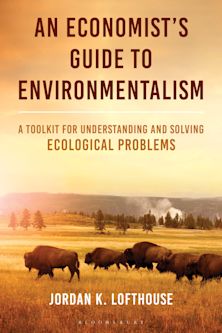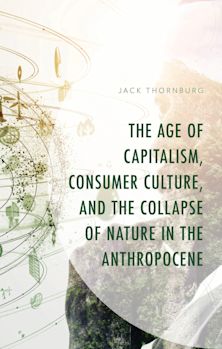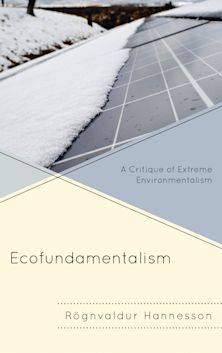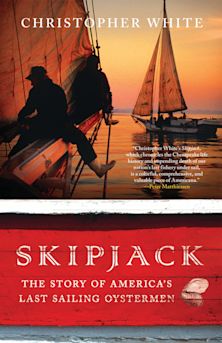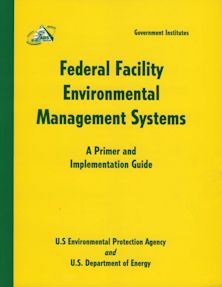This product is usually dispatched within 1 week
- Delivery and returns info
-
Free US delivery on orders $35 or over
Description
The life of our planet has reached a critical stage. Its survival depends on our ability to rethink our relationship with ecology, and create a new economy which does not rely on economic growth, and supports care and sustainability for our planet.
This book examines histories of alternative economic theories to advocate for different ways of economic distribution that do not keep producing emissions. It calls into question our philosophy of time, our relationship with ecology, and the original creation of debt, interest, and ways of avoiding exponential economic growth. The author uses ideas from Maori philosophy, Mesopotamian finance and quantum mechanics to set out a new basis for economic theory which is no longer set up on greedy individualism, or a hierarchical trickle-down effect, or even overall economic growth. Instead, this new materialist philosophy emphasises the integration of humanity and the ecosystem, and sets out to create a philosophy of economics built on interconnection and care.
Table of Contents
Section One: Alienation from Nature: Growth and Finance
Chapter One: Scoping New Narratives
Chapter Two: Modern Economic Growth
Chapter Three: Finance and Systemic Growth
Chapter Four: Calculation, Risk and Fear
Section Two: Time and Technology
Chapter Five: Alienation and the Simulacra
Chapter Six: Technology Shapes the Way People Think
Chapter Seven: Ancient Technology, Time, and Debt
Chapter Eight: Thermodynamic Economics
Section Three: Foundational Entanglement
Chapter Nine: Technology, Learning, and Dissolving Alienation
Chapter Ten: Quantum Physics and the Ontological Turn
Chapter Eleven: Postcarbon Futures
Bibliography
About the Author
Product details
| Published | Oct 02 2024 |
|---|---|
| Format | Hardback |
| Edition | 1st |
| Extent | 348 |
| ISBN | 9781786615114 |
| Imprint | Rowman & Littlefield Publishers |
| Illustrations | 4 BW Illustrations |
| Dimensions | 0 x 0 inches |
| Publisher | Bloomsbury Publishing |
Reviews

ONLINE RESOURCES
Bloomsbury Collections
This book is available on Bloomsbury Collections where your library has access.












